Space Robot System Laboratory
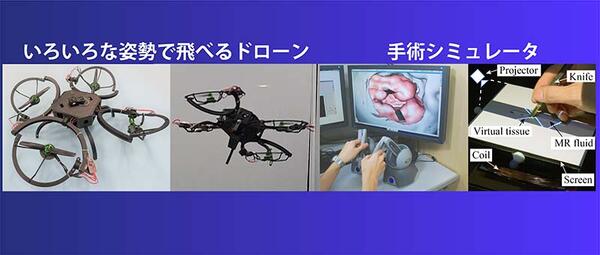
Rresearch images
robot
Today, it is impossible to construct advanced and rich social systems without using the technologies in electrical, electronic, and communications engineering, and computer science. In order to respond to the social demand for such technologies as an industrial foundation, the Electrical Engineering and Computer Science Course aims to nurture outstanding engineers and researchers with the following points set as its main educational goals: 1. Acquisition of a high level of specialized knowledge and the development of applied skills; 2. Discovery of problems and the development as well as training of problem-solving skills; 3. Development of presentation and communication skills; 4. Development of cooperativeness and nurturing a sense of ethics.
In order to accomplish the goals described above, the areas taught in this course extensively cover subjects in electrical engineering and computer science, enabling the course structure to deal with most of the issues and problems in that area. In addition, the course has been developed to be responsive to innovative and original themes, future development of which is expected.
Actually, this course has been formed by uniting different electronic-related departments and faculties to realize the graduate level education, which goes far beyond the basic framework of faculties and departments. Furthermore, this course is divided into eight specialized fields - namely, (1) Materials and Devices, (2) Circuit and Control, (3) Power and Energy, (4) Communication, (5) Information, (6) Informational Science, (7) Robotics and Mechatronics, and (8) Bioengineering – and has an extensive number, over 50, of teaching staff who form the education and research system to accommodate students requests.
This course aims to nurture talents who possess a series of sophisticated skills including utilizing specialized knowledge and the skills they have acquired, identifying the root of problems facing them, finding precise solutions, and an ability to achieve concrete realizations. Thus, the course can respond to the needs from an increasingly ICT-influenced society and to the requirements of engineers and researchers who stand on a global perspective to consider the global environment, which is symbolized in the Green IT. In light of these aims, this course will require students to acquire the following skills:
The degree of Masters of Engineering will be conferred by fulfilling the following criteria.
Criteria for the judgement of Master's thesis are as follows:
“The submitted Master's thesis includes information confirming that the candidate has presented more than one paper at an academic conference*, or the thesis should include an equivalent result.**”
* This includes a presentation at an annual meeting or a seminar of an academic association, presentation at an international conference, publication of an article or a letter in an academic journal, etc.
** Results other than a presentation at an academic conference such as applying for and obtaining a patent, or a result equivalent to a presentation or publication at an academic association or in an academic journal as described above.
Based on the educational goal of this university (philosophy for the foundation of the school), “Nurturing engineers who learn from society and contribute to society,” this course has set its educational goal as “Nurturing engineers
who have comprehensive problem-solving skills and contribute to the world.” For the systematic curriculum and the PDCA in the organization to achieve this educational goal, this course implements a systematic and organizational active
learning reform for the duration of two years, visualization of learning outcomes and a guarantee of study hours by the PDCA cycle, strengthening of the promotion system for educational reform, and guaranteed learning through collaboration between
teaching staff, administrative staff and students.
The talents the Electrical Engineering and Computer Science Course seeks are engineers who will be involved in electrical-, electronic-, information- and communications-related research and development as well as production. The ideal candidates
to be trained are engineers who will engage in the construction of sophisticated electrical-, electronic-, information- and communications-systems. In order to achieve the goal, the course is divided into eight main areas - namely, (1) Materials
and Devices, (2) Circuit and Control, (3) Power and Energy, (4) Communication, (5) Information, (6) Informational Science, (7) Robotics and Mechatronics, and (8) Bioengineering - and course models for each area are provided. The course models
will enable students to prepare and conduct their research by obtaining 30 units required for the completion of the course as well as taking subjects (specialized subjects) taught by one's supervisor and research guidance (exercises and
experiments).
The academic achievements of the students aiming at the educational goal are evaluated as follows;
Achievements in 1)advanced specialized knowledge and application skills are evaluated based on the reports and tests.
Achievements in 2)development of skills to find and solve problems, 3)skills for presentation and communication, and 4)development of cooperative personality and sense of ethics are evaluated mainly based on the results due to the research guidance(exercises
and experiments). In addition, in order to evaluate total ability, candidates of the master's degree are required that they have presented more than one paper at an academic conference.
Today, it is impossible to construct an advanced engineering system without electronic and information technology. In the Department of Electrical Engineering and Computer Science, we are trying to understand the society's needs for electric, electronic, information and communication technologies as an industrial foundation. Responding to demands and looking at a global perspective, a broad sense of values and a high level of education are needed in order to revitalize the country as a technology-based nation. The Department of Electrical Engineering and Computer Science aims to foster excellent engineers and researchers who can contribute to the development of the future. Therefore, the Department of Electrical Engineering and Computer Science welcomes students who have the following aspirations.

 robot
robot


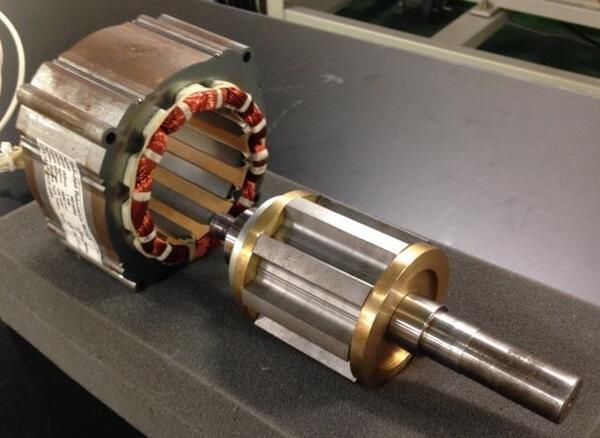
 car
car mechanical
mechanical energy
energy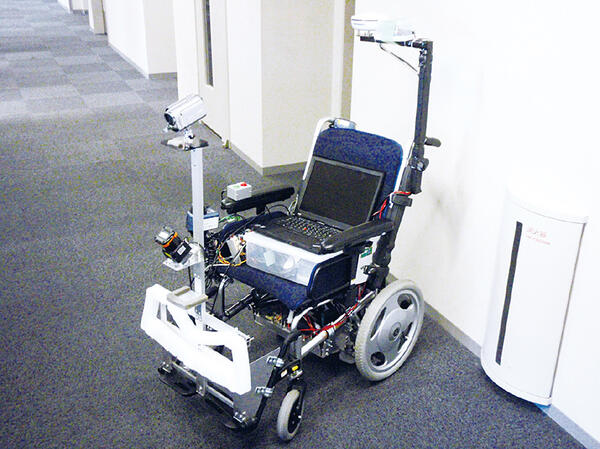
 robot
robot

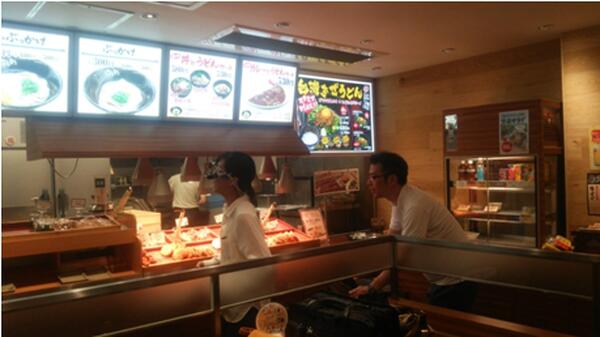
 communication
communication society
society informationdesign
informationdesign



 network
network multimedia
multimedia
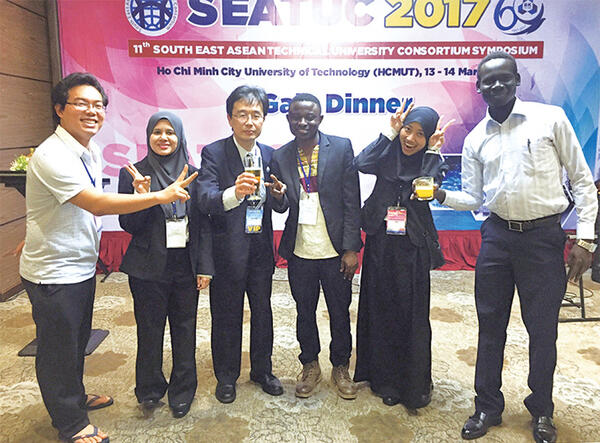
 energy
energy


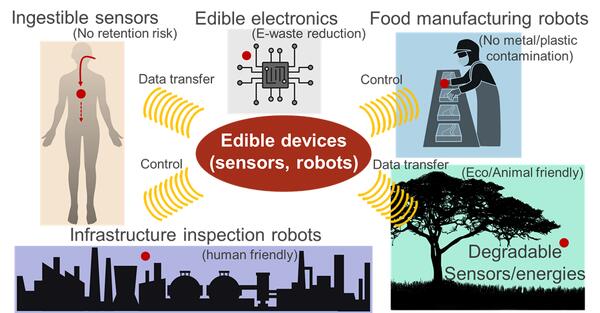
 software
software material
material health
health


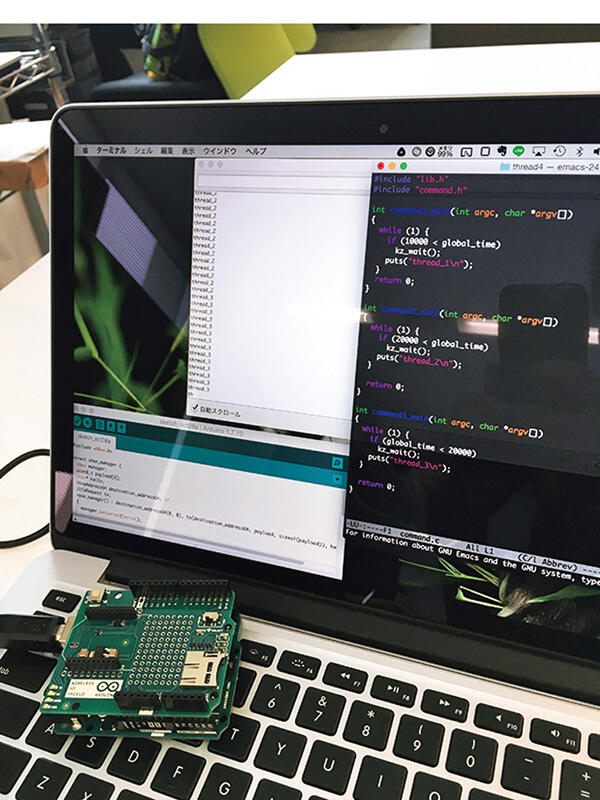
 robot
robot network
network software
software


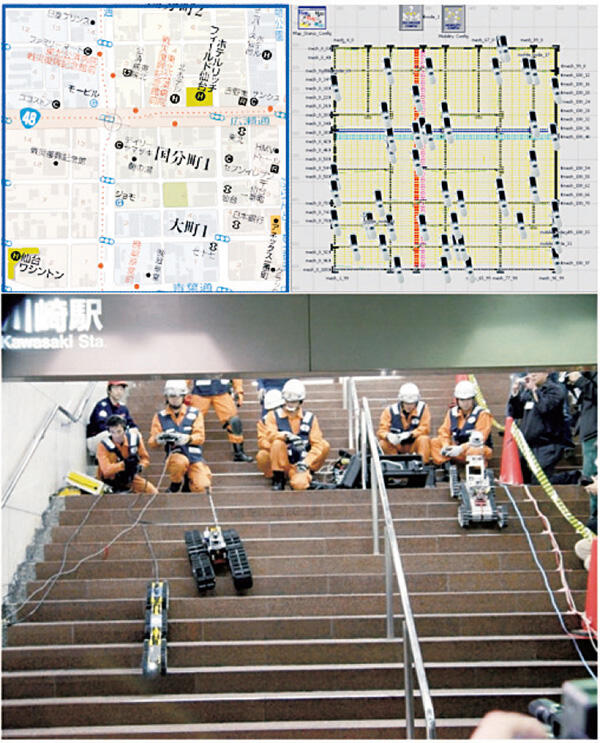
 network
network
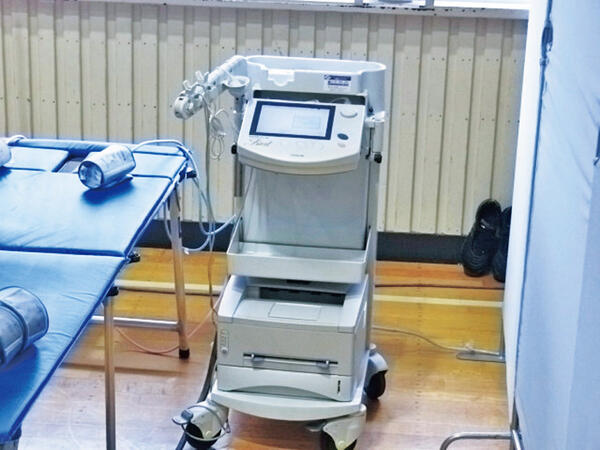
 health
health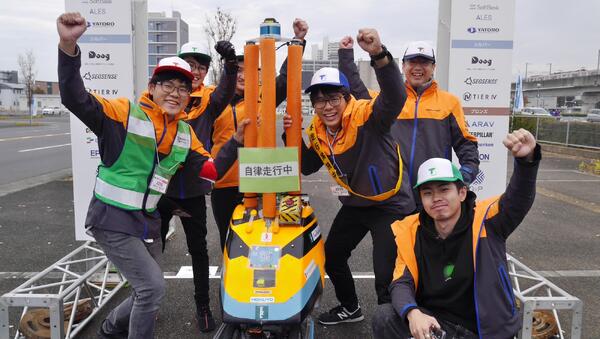
 robot
robot car
car network
network

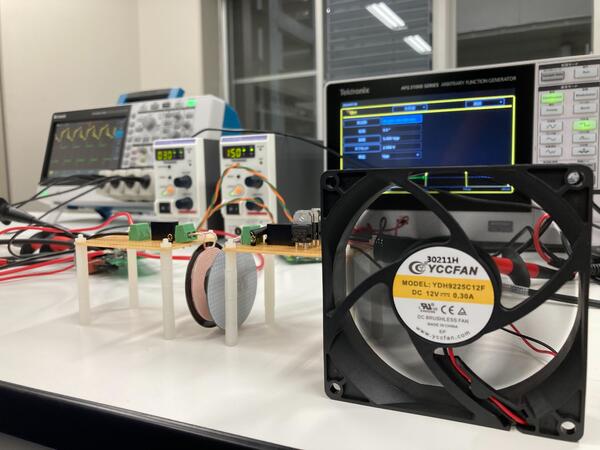
 car
car energy
energy multi
multi


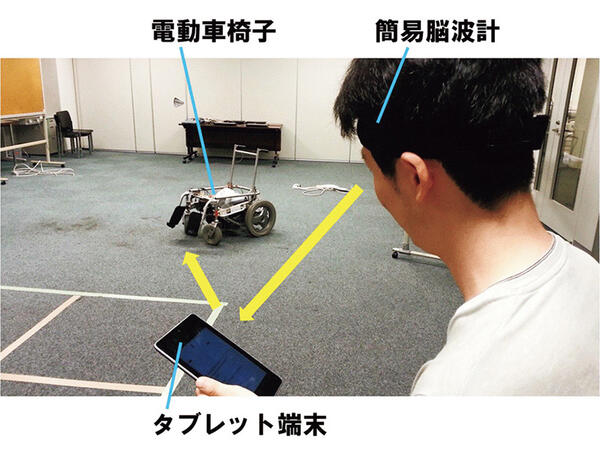
 informationdesign
informationdesign


 multimedia
multimedia

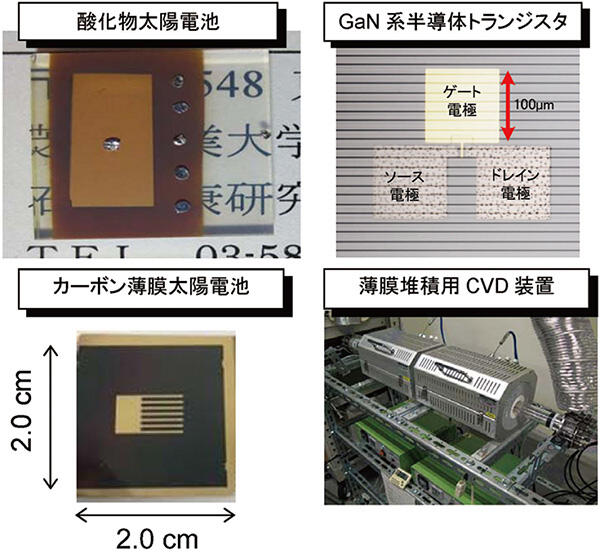
 material
material

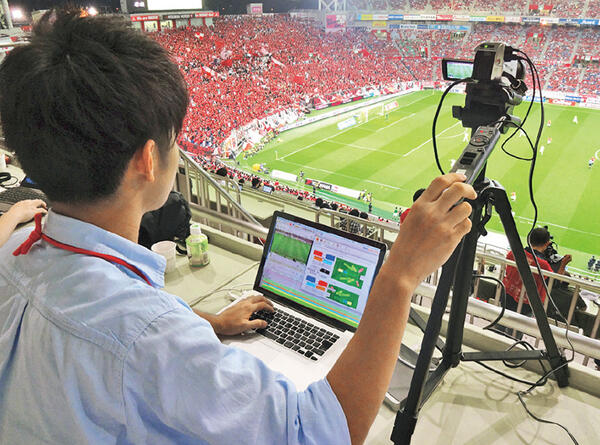
 health
health

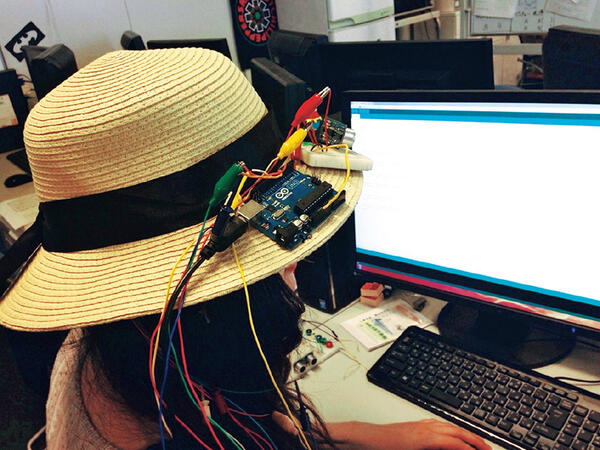
 network
network multimedia
multimedia software
software

 software
software communication
communication health
health


 software
software hardware
hardware basic
basic
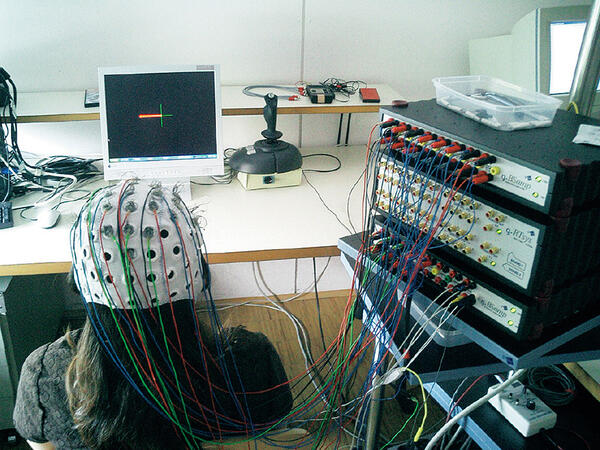
 medical
medical
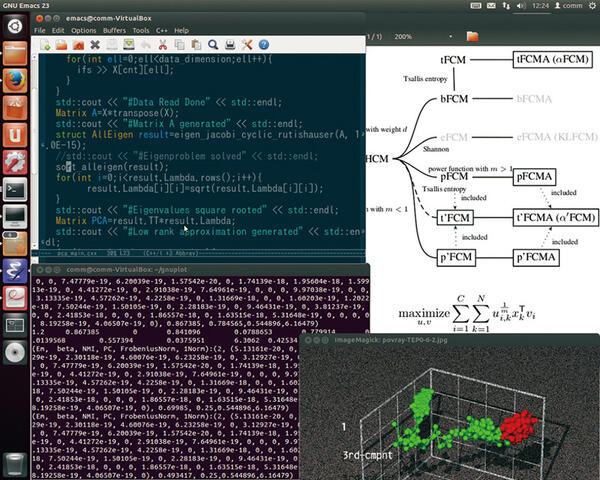
 basic
basic
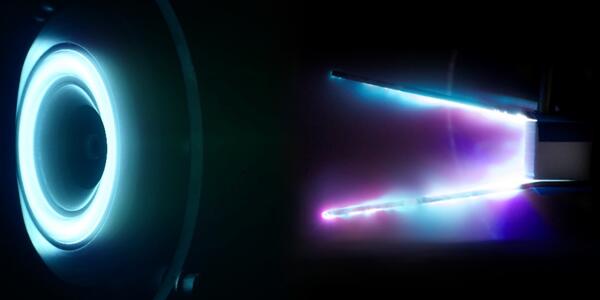
 aerospace
aerospace energy
energy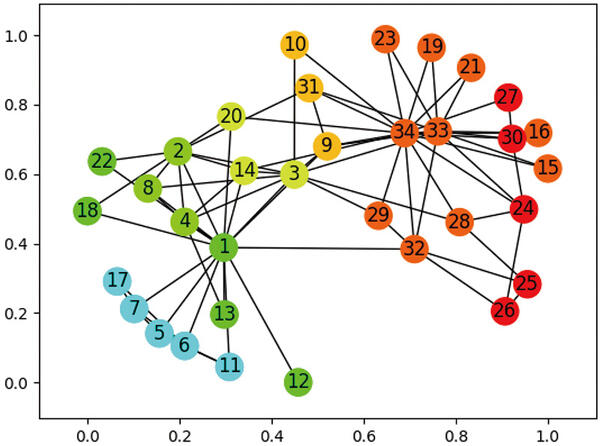
 multi
multi software
software basic
basic


 multimedia
multimedia communication
communication informationdesign
informationdesign
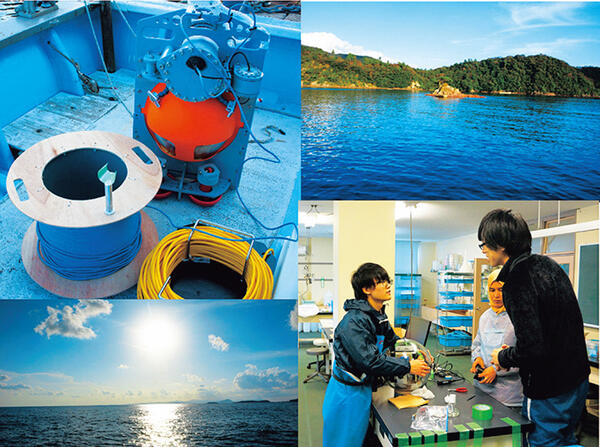
 multi
multi



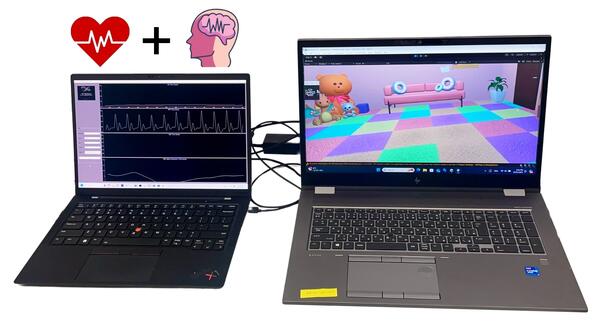
 multimedia
multimedia software
software informationdesign
informationdesign


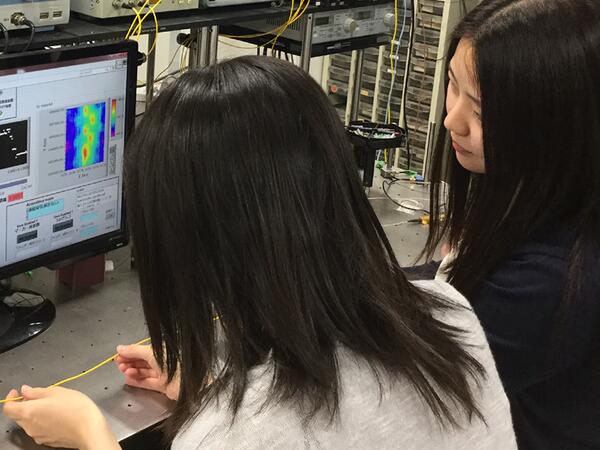
 hardware
hardware safety
safety

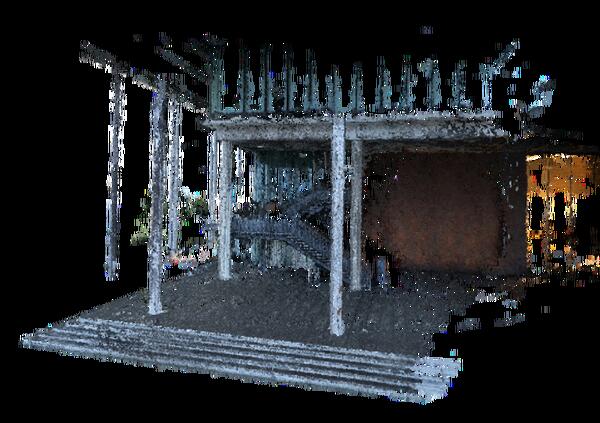
 multimedia
multimedia software
software

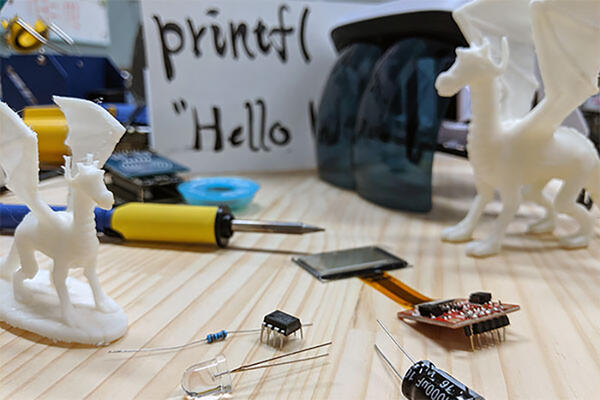
 communication
communication informationdesign
informationdesign multi
multi

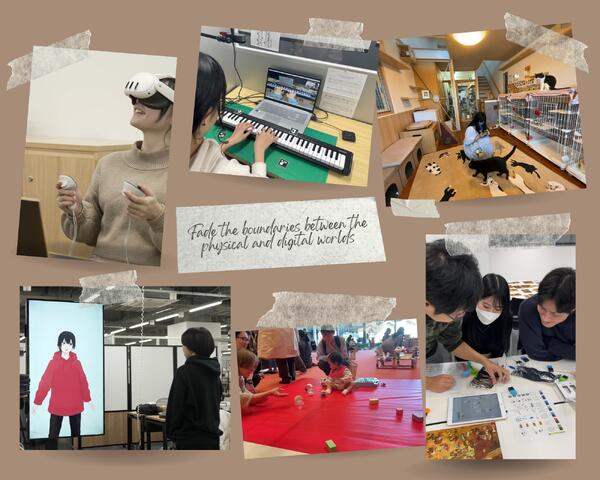
 multimedia
multimedia communication
communication informationdesign
informationdesign


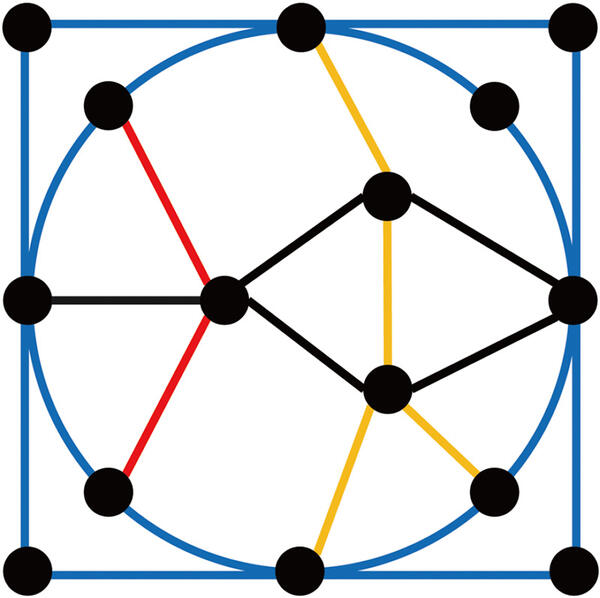
 basic
basic
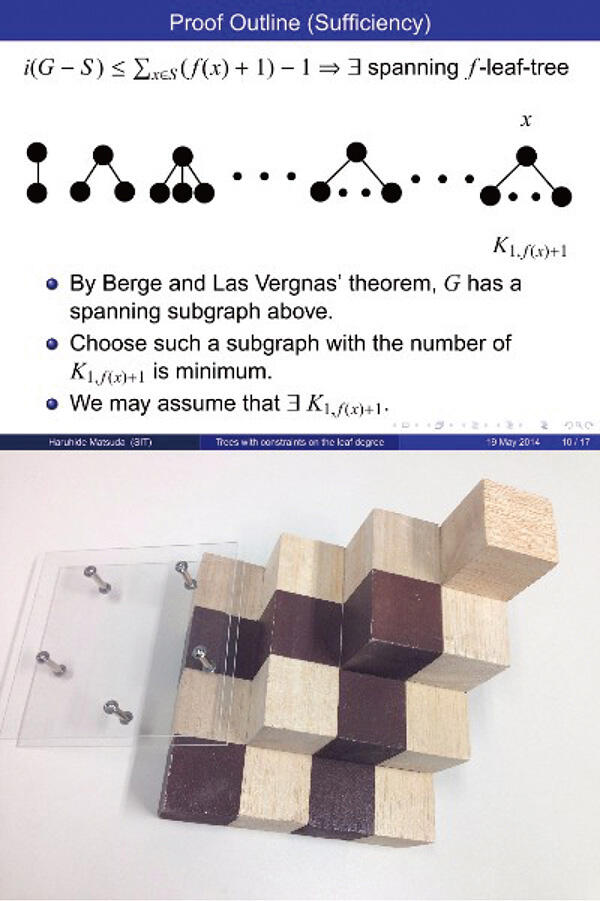
 network
network basic
basic

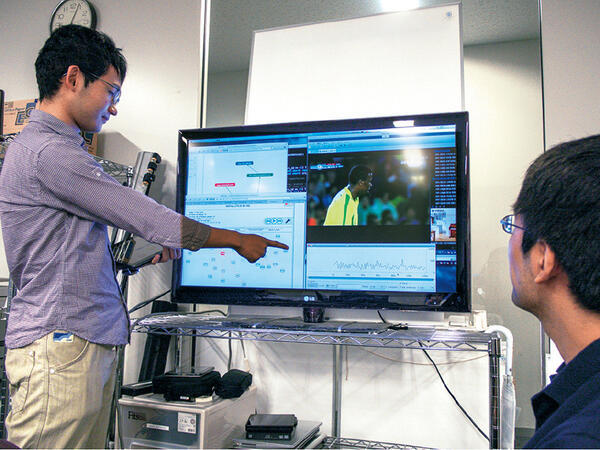
 network
network car
car safety
safety
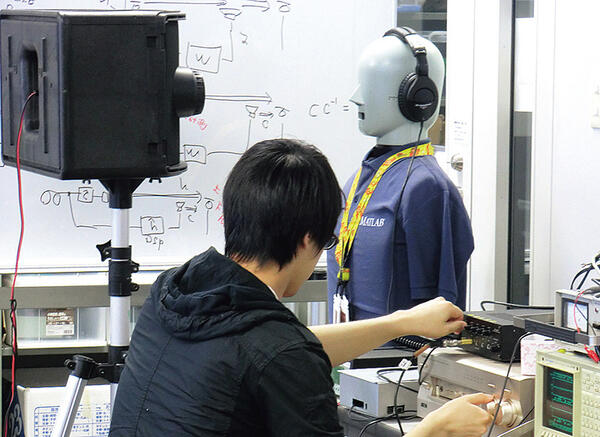
 multimedia
multimedia hardware
hardware informationdesign
informationdesign

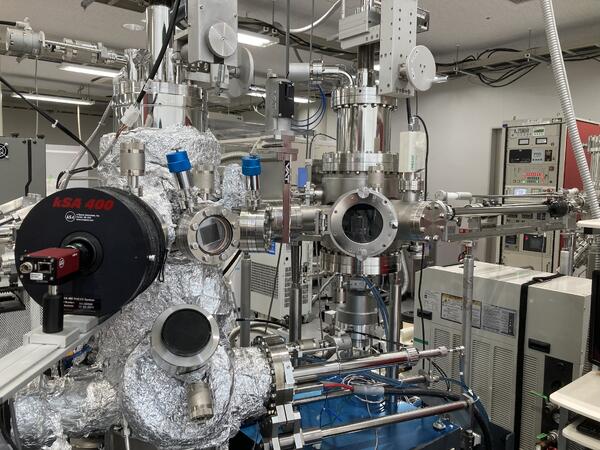
 energy
energy material
material basic
basic


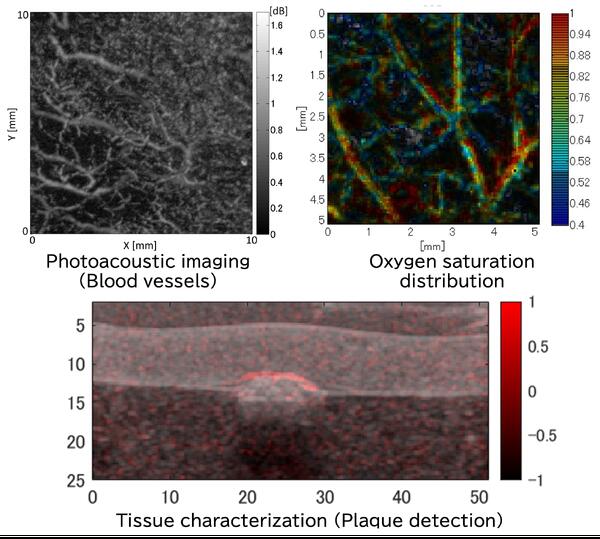
 medical
medical health
health

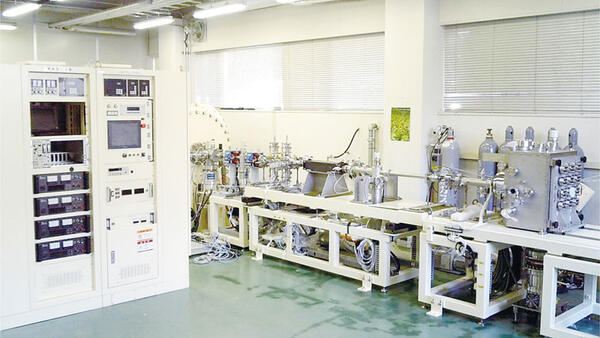
 material
material


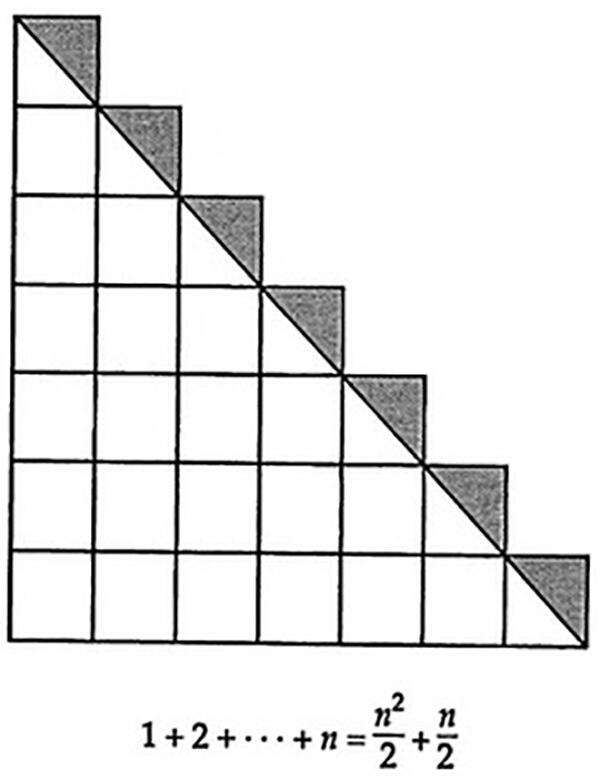
 basic
basic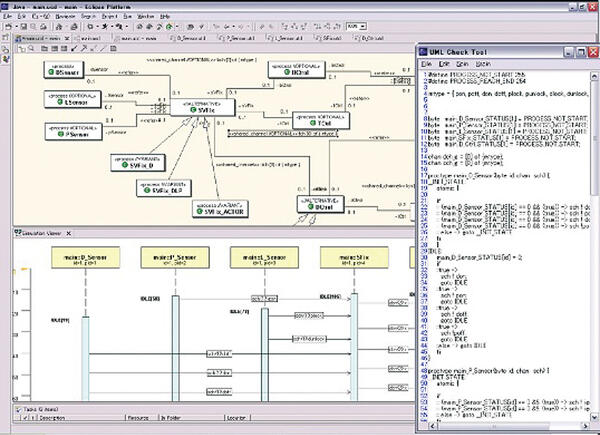




 society
society informationdesign
informationdesign communication
communication
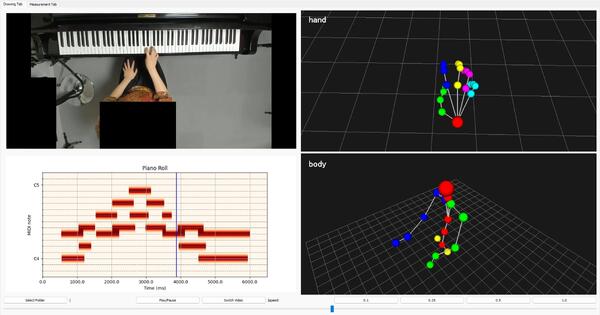
 multimedia
multimedia health
health informationdesign
informationdesign


 robot
robot multimedia
multimedia
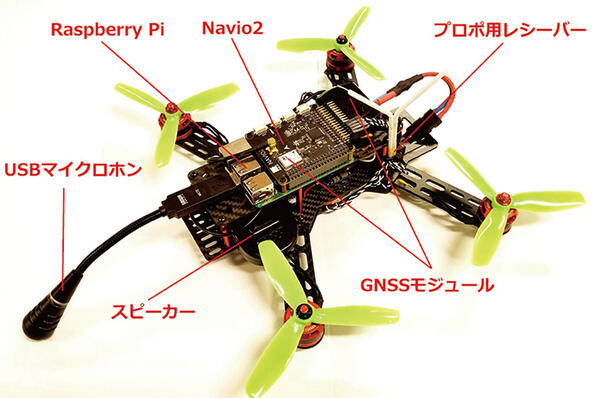
 robot
robot



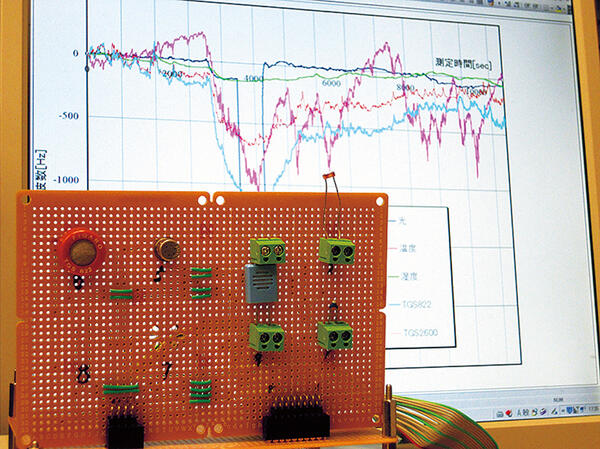
 hardware
hardware
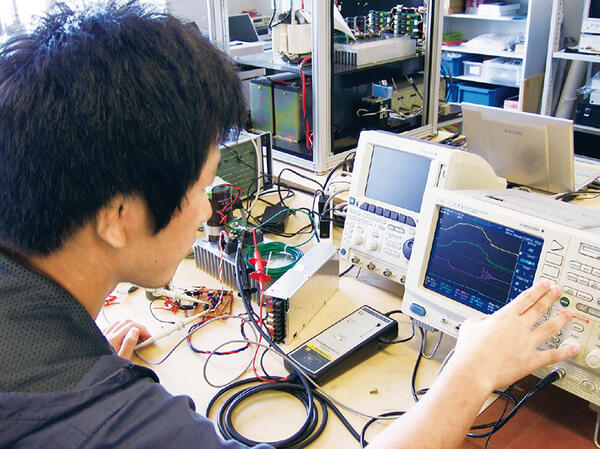
 multi
multi


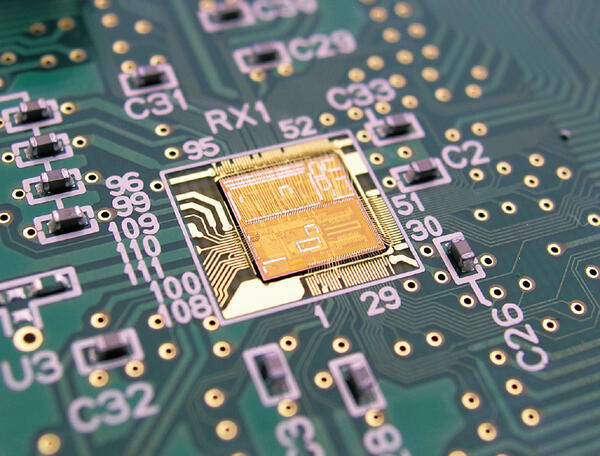
 robot
robot hardware
hardware

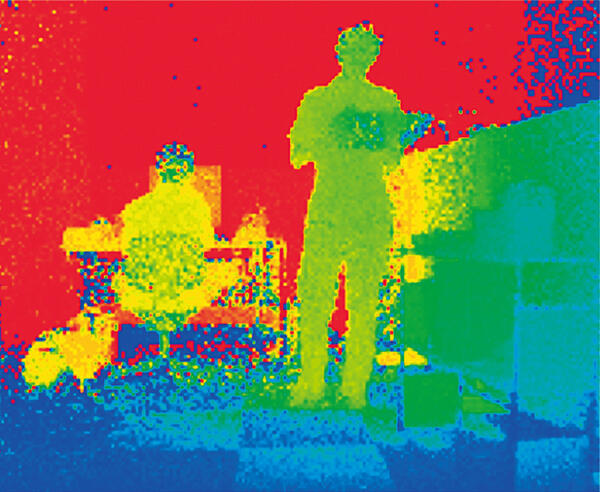
 robot
robot multimedia
multimedia informationdesign
informationdesign

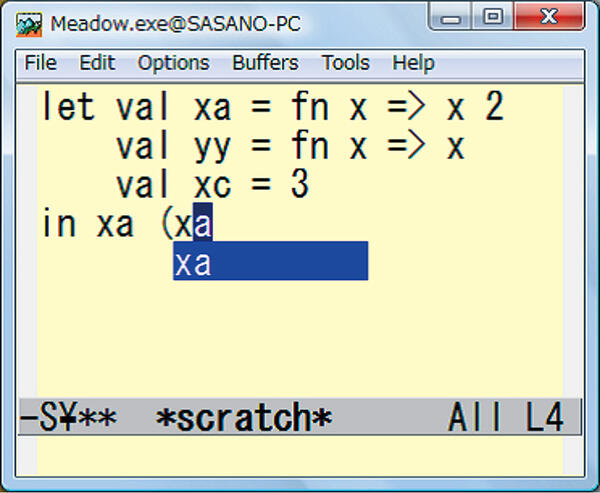
 software
software
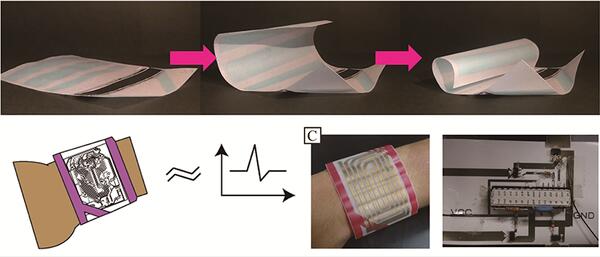
 robot
robot mechanical
mechanical material
material


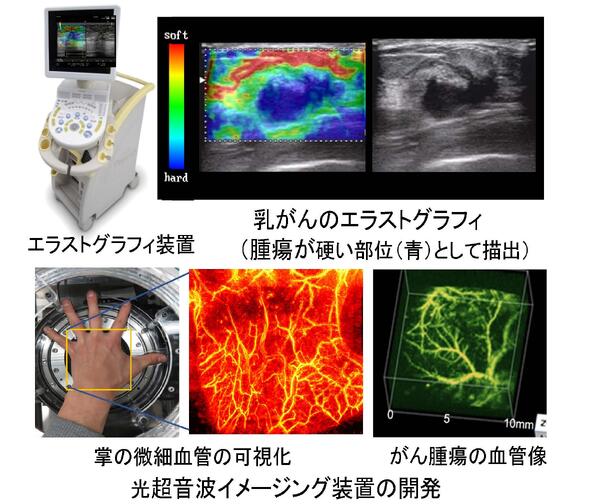
 medical
medical health
health

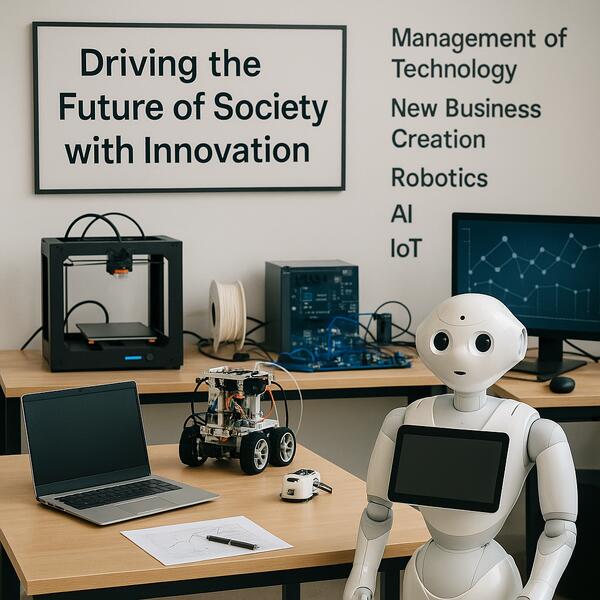
 society
society productdesign
productdesign informationdesign
informationdesign



 network
network informationdesign
informationdesign communication
communication


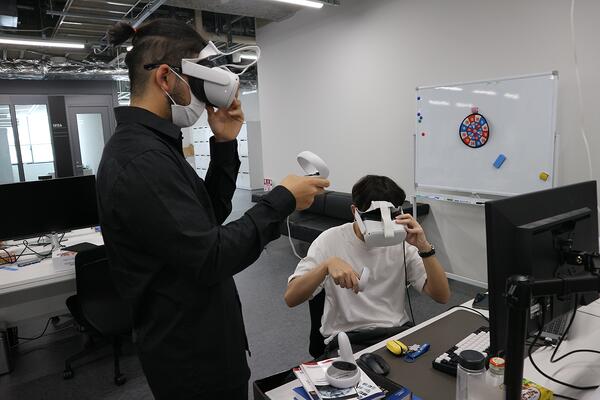
 multimedia
multimedia software
software informationdesign
informationdesign


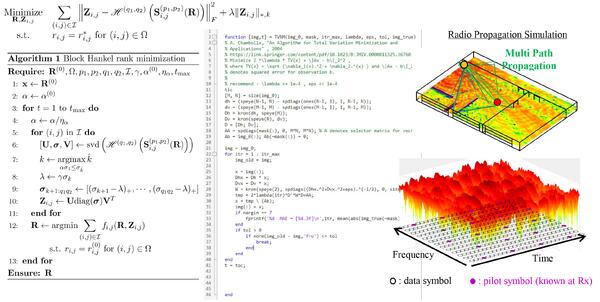
 network
network multimedia
multimedia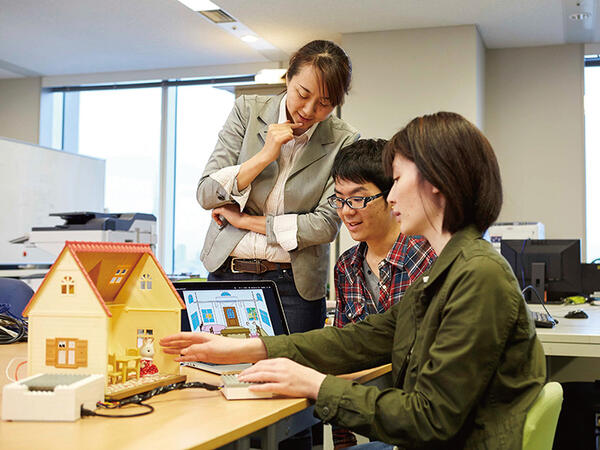
 software
software


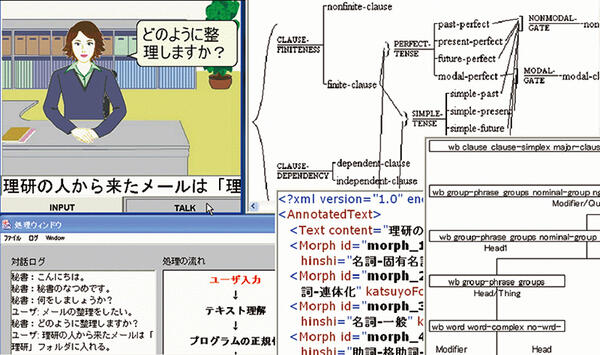
 software
software

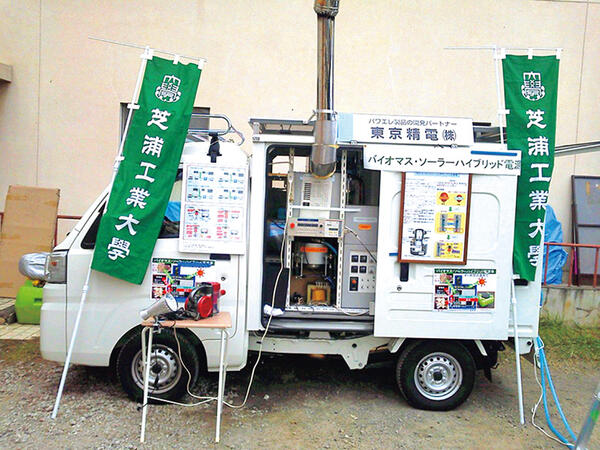
 ecology
ecology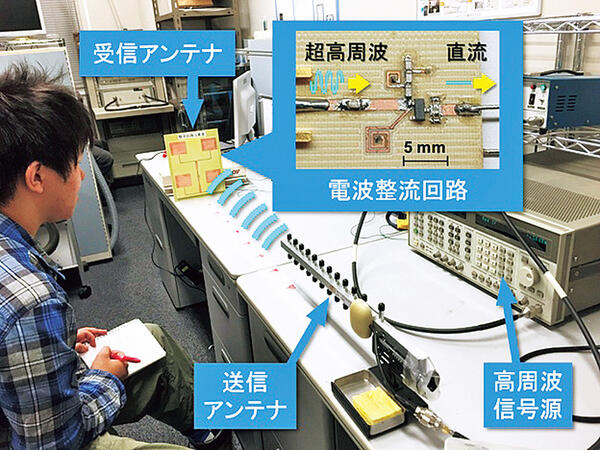
 hardware
hardware

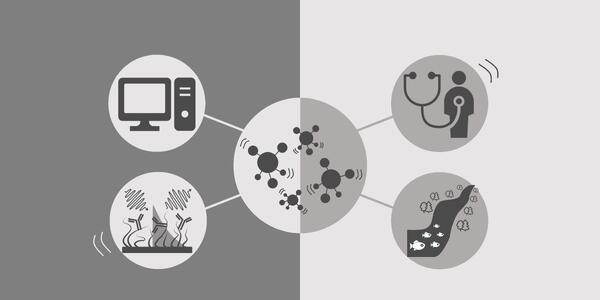
 medical
medical health
health ecology
ecology


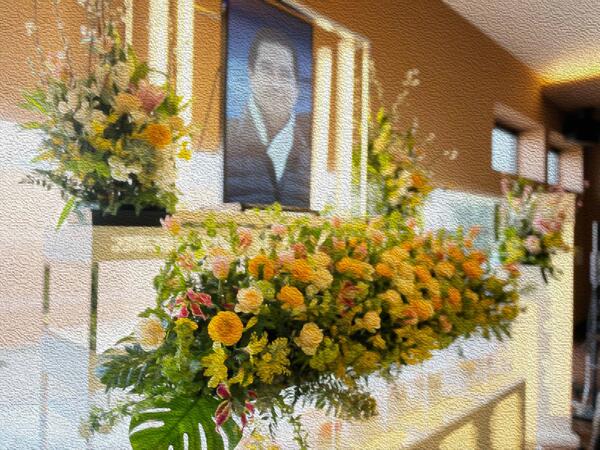
 multimedia
multimedia society
society informationdesign
informationdesign
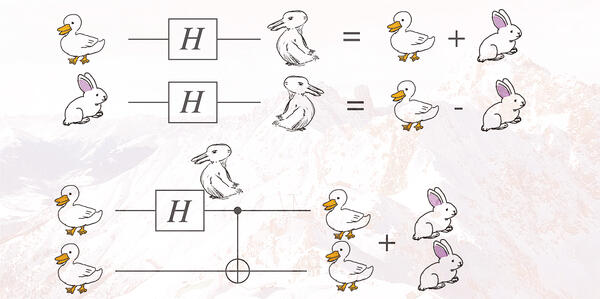
 software
software multi
multi basic
basic
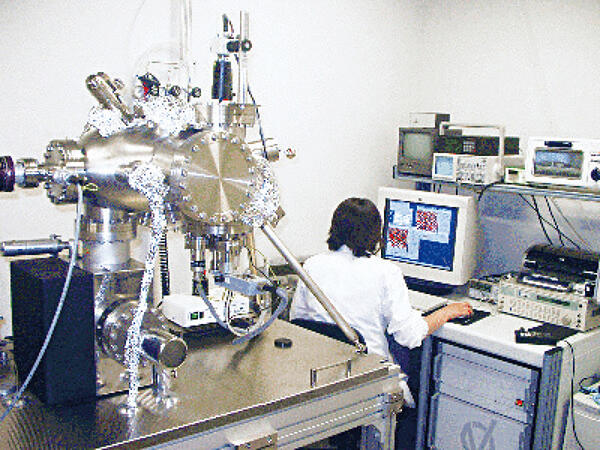
 material
material


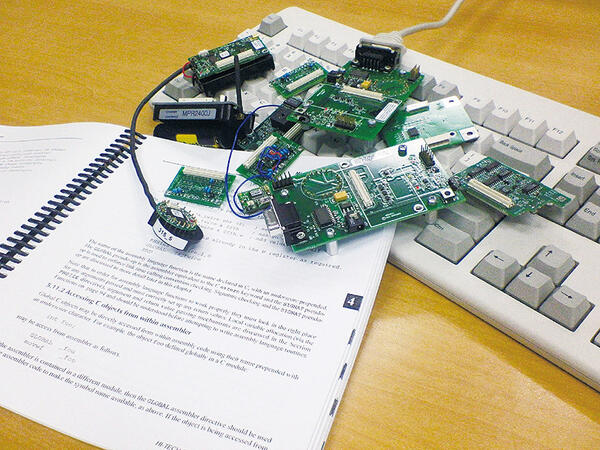
 software
software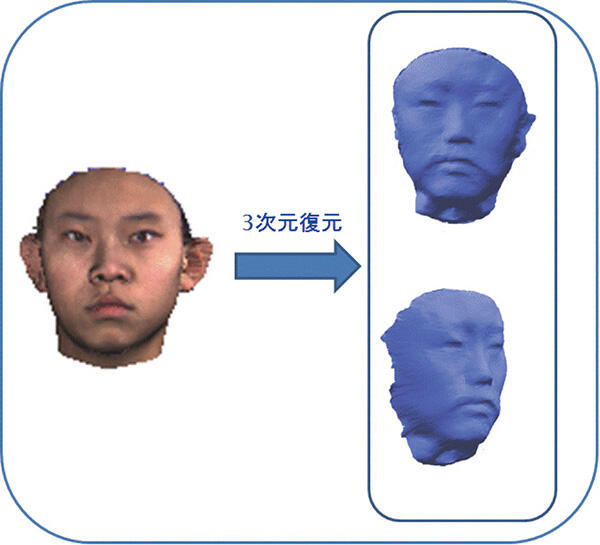
 software
software
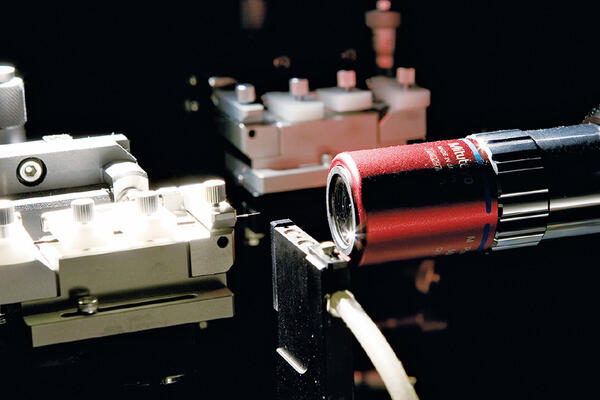
 hardware
hardware

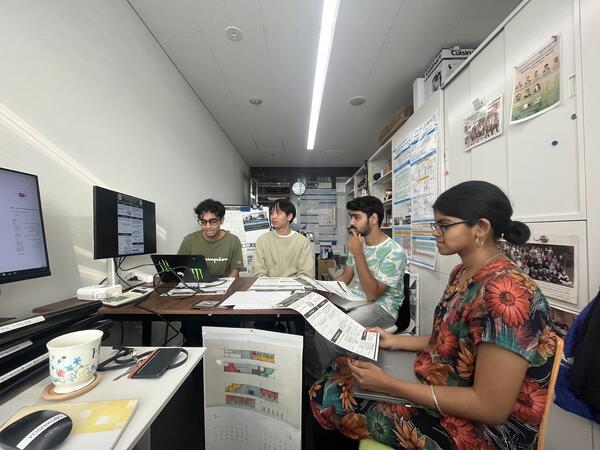
 communication
communication multi
multi education
education


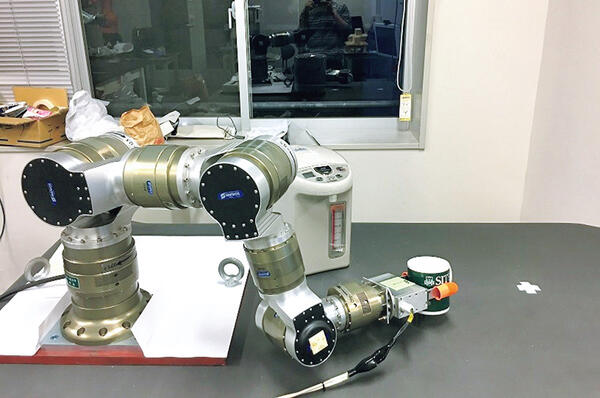
 robot
robot


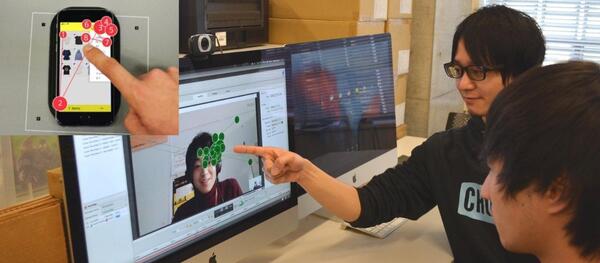
 informationdesign
informationdesign